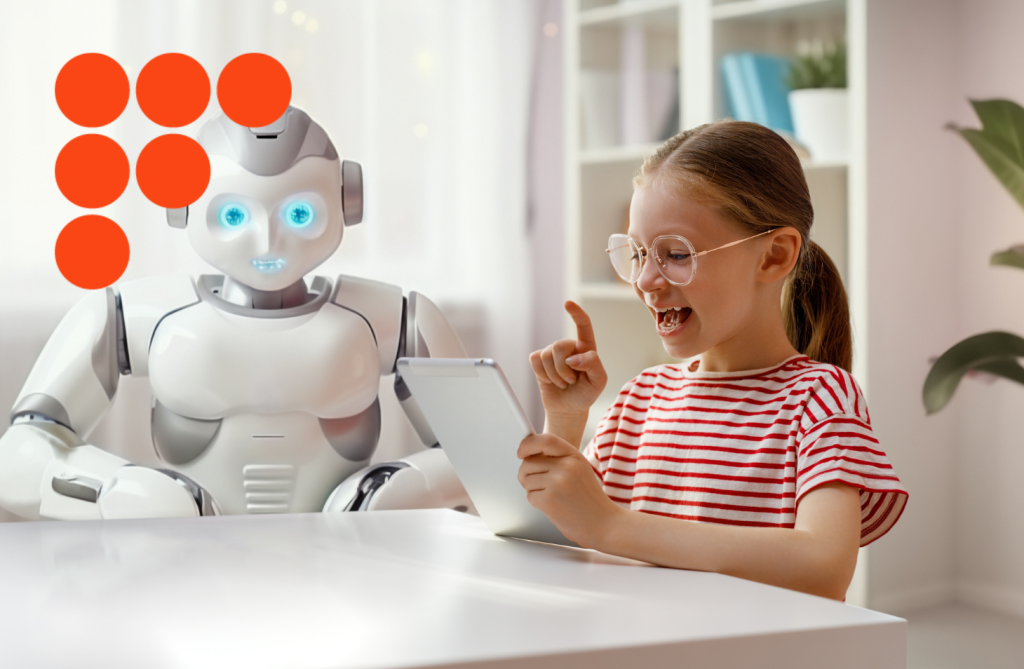AI and the Education Sector: Disruption, Opportunity, and the Future of Learning
The rise of Artificial Intelligence (AI) is transforming every industry—and education is no exception. From personalised learning platforms to administrative automation, AI is rapidly reshaping how schools operate, how students learn, and how educators teach.
At Frontline Education, we’re watching these changes closely, because we know that while AI presents incredible opportunities, it also brings new challenges for educational settings , staff, and students.
What’s Changing?
AI is no longer a futuristic concept—it’s happening now. Here’s how it’s already making waves:
Personalised Learning: Tools like adaptive learning platforms and intelligent tutoring systems are tailoring lesson plans to suit individual student needs, helping close learning gaps and improve outcomes.
Automation of Admin Tasks: From attendance tracking to grading, AI-powered tools are saving teachers time and reducing burnout—freeing them up to focus on what matters most: teaching.
AI in the Classroom: Virtual assistants and AI chatbots are beginning to support both students and teachers with real-time help, content explanations, and even homework support.
Curriculum Evolution: As AI continues to grow, digital literacy and AI awareness are becoming essential components of modern education.
The Opportunities
For educators and institutions willing to embrace change, AI presents powerful opportunities:
Efficiency Gains in lesson planning, marking, and communication.
Data-Driven Decisions using predictive analytics to identify students at risk of falling behind.
Increased Accessibility through AI-driven tools that support diverse learning needs and language barriers.
The Challenges
With innovation comes disruption:
Ethical Concerns: Data privacy, algorithmic bias, and transparency are big talking points.
Teacher Training: Many educators feel unprepared to use or teach about AI.
Job Evolution: While AI won’t replace teachers, it’s certainly reshaping roles—making continuous professional development more critical than ever.
What Does This Mean for Hiring?
Schools and education providers need to start thinking differently when it comes to talent. Tech literacy is now a sought-after skill, even in traditionally non-digital roles. The educators of tomorrow will need to be:
Digitally fluent
Flexible and adaptive
Willing to upskill regularly
At Frontline Education, we’re already seeing demand shift. Schools are seeking candidates who are not just great educators, but also confident tech users and critical thinkers who can help students thrive in a rapidly evolving world.
In Conclusion
Artificial Intelligence is not just a passing trend; it’s firmly embedded in the future of education. Instead of resisting this technological tide, the education sector must strategically leverage AI to drive smarter systems, empower upskilled staff, and modernise recruitment practices. The potential payoff? A more efficient, personalised, and inclusive educational landscape for all stakeholders.
For a deep dive into how AI is reshaping classrooms and campuses across Australia, consider attending the Artificial Intelligence in Education Conference hosted by Informa—a premier forum connecting thought leaders and innovators driving the sector forward.
And if you’re seeking the right educators to propel your institution into the AI-powered future, let’s connect. Get in touch with us today!
Read more

